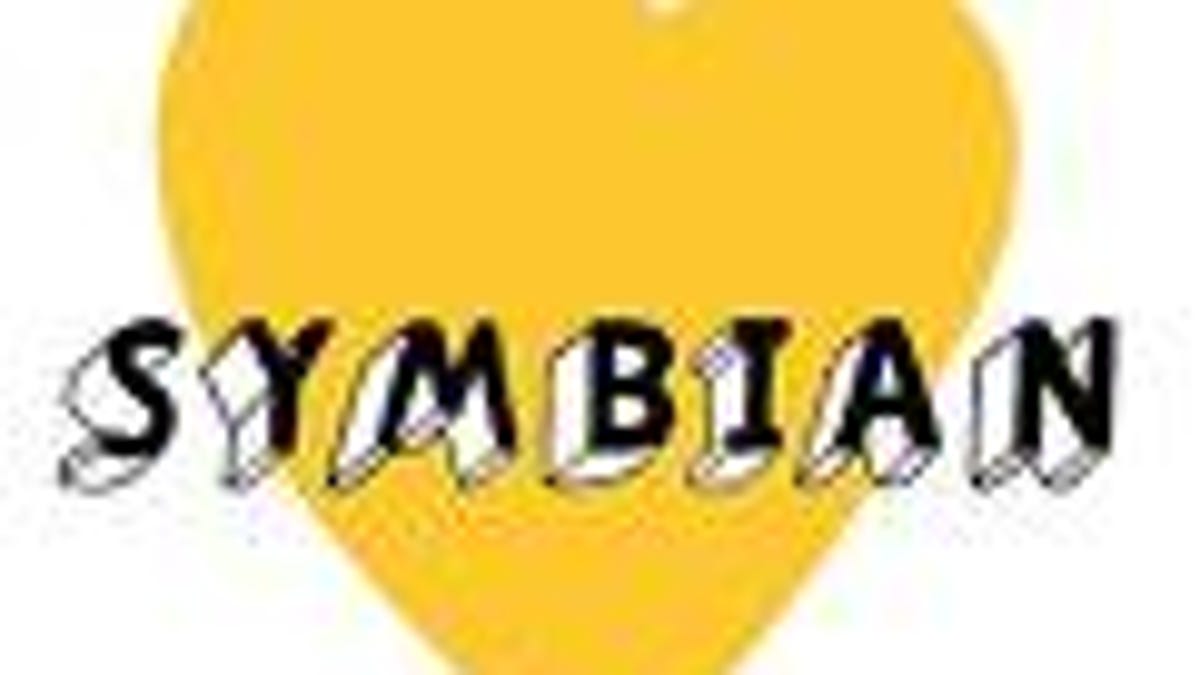Symbian's answer to App Store on the 'Horizon'
The phone OS responds to Apple's hugely successful App Store with Horizon, a program that lets developers interface with the smaller mobile app stores, for free.

Symbian, the world's dominant but seriously challenged operating system for smart phones, on Thursday announced its take on application distribution--the Symbian Horizon application-publishing platform.
Symbian compares the program, which it has hinted at before, to a book publisher or record label. It's a one-stop-shop for developers to reach a series of phone application stores--those offered by phone carriers and manufacturers--and get revenue in return. Horizon, scheduled to launch in October, will also offer assistance with technical development issues and language translation.
Symbian, which has been nonprofit since Nokia acquired the British company last year and created the Symbian Foundation, will not charge anything for the program.
The only catch is that developers need to make really good apps--the Symbian Foundation will select which are good enough to be published.
"We're starting small and can only work with a limited number of apps initially," according to Symbian's Web page. However, in a blog post, the organization says the goal is to "develop a system that will automate this work allowing us to scale the program to include as many apps as possible."
This is an urgent issue for Symbian.
While Apple just announced 1.5 billion iPhone apps have been downloaded from its App Store and 65,000 apps are now available in the store, Symbian and its main proponent, Nokia, haven't seen anything close to that level of smartphone app awareness among its users.
Symbian's market share has fallen from an impressive 73 percent in 2006 to 50 percent in 2009, according to research firms, which still is a lot more than Apple's 10 percent or so, according to figures from market researcher Gartner.
But according to Symbian, its market share in North America, which is becoming the innovative center for smartphones, is a mere 5 percent.
Fighting competition from rivals is a tough mission. The difficulty for developers to make applications compliant with a wide variety of different Symbian handsets--at the moment about 70 models--and the lack of a well known app store, are obstacles for getting users' attention and attracting developers.
Symbian now says it is in discussions with seven stores for the Horizon program. It already has strategic relationships with Nokia's recently launched Ovi Store, Samsung Applications Store, and AT&T MEdia Mall.
It also said the process of signing Symbian applications, which developers have found cumbersome, will be simplified and in some cases eliminated.
Developers can submit an unlimited number of applications or even ideas, and will retain ownership over submitted applications.
Updated at 10:45 p.m. PDT to correct market share figures for the Symbian operating system.